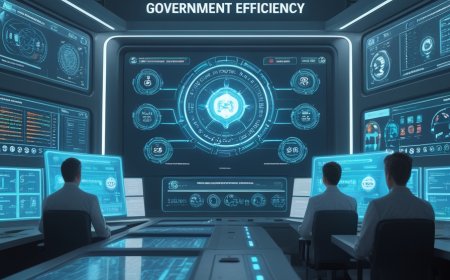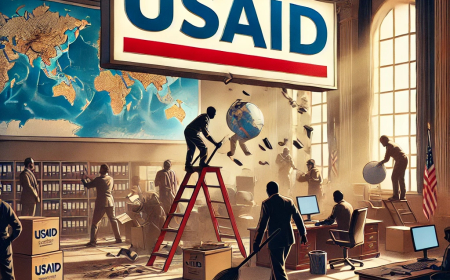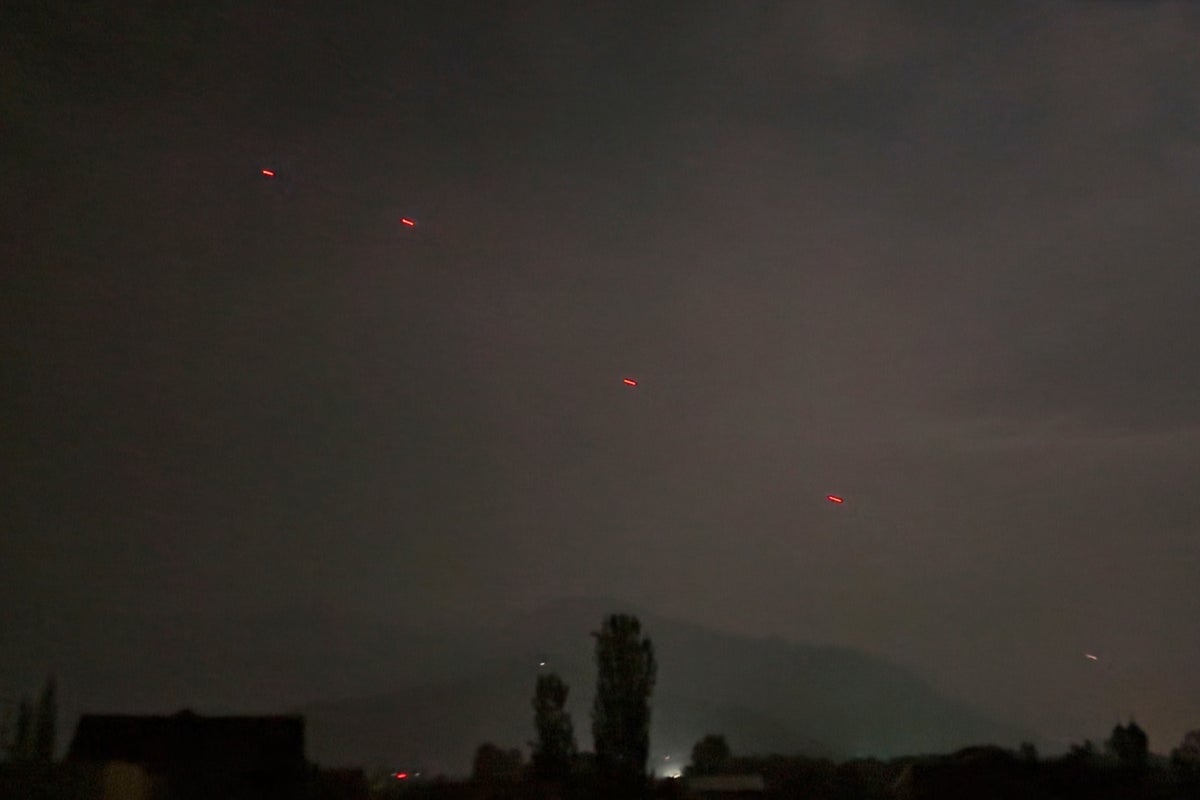How Trump’s executive order complicates reciprocal tariff negotiations
The executive order focuses on trade deficits, not trade policies, and has an escalation mechanism that can’t tell the difference.

President Trump rolled out his “reciprocal tariffs” on Apr. 2. Treasury Secretary Scott Bessent warned foreign countries not to retaliate, vowing the U.S. will hit them with even higher tariffs if they do.
The problem is that, even if they don’t retaliate, they may still incur Trump’s tariff wrath. That’s because the executive order focuses on trade deficits, not trade policies, and has an escalation mechanism that can’t tell the difference.
Foreign countries know that changes to their trade policies will have little impact on their bilateral trade surpluses with the U.S., leaving them vulnerable to greater reciprocal tariffs even if they slash their own protectionism. Trump needs to address this concern if he’s serious about negotiating deals.
Where is the disconnect? Simple: There is no relationship between Trump’s reciprocal tariffs and foreign protectionism. The duties were essentially calculated by dividing other countries' trade surplus with the U.S. by its exports to the U.S. This doesn’t say anything about other countries' tariffs or non-tariff barriers.
America’s trade deficit reflects the gap between how much investment flows into the economy and the amount that residents (including the government) save. This gap traces back to myriad factors that have little to do with trade policy, including demographics, productivity growth and fiscal and monetary policies at home and abroad.
Worse, Trump’s tariffs are meant to attack bilateral trade deficits. Bilateral trade balances are even more unpredictable than the overall trade balance, since they depend on a host of country-specific factors.
Moreover, if the investment-savings gap goes unaddressed, squeezing the deficit with one country simply increases the deficit with others.
For example, America’s ballooning deficit with Vietnam would appear to be a direct result of the trade war that Trump launched against China in his first term. Companies moved out of China because of those tariffs. Many went to Vietnam. Now, Trump is slapping a 46 percent reciprocal tariff on imports from Vietnam.
Which countries will be next?
Trump says his reciprocal tariffs will juice U.S. manufacturing. That didn’t happen as a result of his first-term tariffs. Yes, some politically privileged manufacturing industries did gain, like steel. But domestic downstream users of steel suffered terribly.
This problem doesn’t go away when U.S. companies stop buying imported inputs because tariffs drive up the prices of domestic inputs. Things go from bad to worse if foreign countries retaliate, closing markets to U.S. export industries.
This brings us back to the executive order’s escalation clause. Section 4 details four reasons the president can modify his reciprocal tariffs. The first is that they’re not fixing the “large and persistent” deficits. The second is that the foreign government in question retaliate. The third is that foreign governments end their unfair trade practices. The fourth is that American “manufacturing capacity and output continue to worsen.”
The first clause enshrines the illogic that more protectionism will reverse U.S. trade deficits.
Trump talks about the second and third clauses like they’re sticks and carrots, respectively. Yet since his reciprocal tariffs are about bilateral trade deficits, not protectionist measures abroad, how are these sticks and carrots supposed to work? The means aren’t connected to Trump’s ends.
The fourth clause is troubling. Changes in American manufacturing capacity and output are more likely to reflect domestic than international factors, including the availability of skilled labor. Importantly, few if any of these factors are related to trade. It is just a get-out-of-jail-free card, allowing Trump to say what he wants and do as he pleases.
If Trump is serious about negotiating deals, he should credibly assure foreign countries that he is looking for “fair and reciprocal” trade policies, not an end to all bilateral U.S. trade imbalances.
Marc L. Busch is the Karl F. Landegger Professor of International Business Diplomacy at the Walsh School of Foreign Service at Georgetown University. Rodney D. Ludema is chair of the Department of Economics, director of the Landegger Program in International Business Diplomacy, and professor in the School of Foreign Service at Georgetown University.
What's Your Reaction?








































